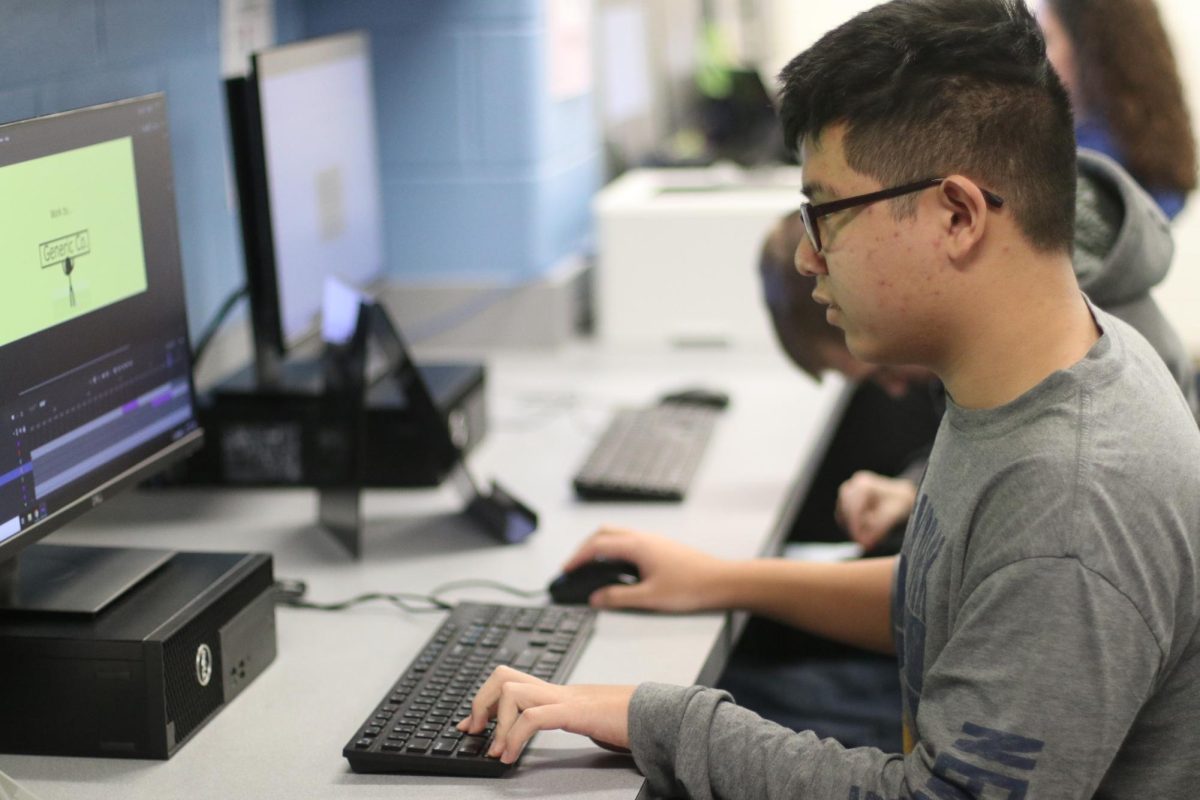The LISD school board passed a resolution Monday night to start the process of making Lindale a District of Innovation. The board will approve a committee that will bring back recommendations for the process. The long-term effects for the high school campus will be determined after the committee meets.
“District of Innovation is a new concept,” Superintendent Stan Surratt said. “It is new legislation that was passed in the last legislative session. It gives the opportunity for a school district to have some of the flexibility [regarding] certain laws and certain rules that were given to charter schools.”
In order to become a District of Innovation, the board must pass a resolution, form a committee of local school and community members, and then vote on the committee’s recommendations. Once the board approves the district’s status as a District of Innovation, TEA and the Texas Commissioner of Education will be notified.
“It gives us an opportunity to have more local control in certain areas like teacher contracts, curriculum, school calendar, and other areas,” Surratt said.
One of the main areas where Districts of Innovation have flexibility is in the calendar. Currently, there’s a state rule that you can’t start before the 4th Monday in August, and next year that date falls on the 28th, very late in the month. The DOI committee will look at the calendar to see if there’s an opportunity to start earlier.
“What’s most exciting for us is the prospect that with more local control we’ll have better control at setting a calendar that we think will better serve our students and our community,” Principal Valerie Payne said.
According to the Texas Association of School Boards, the main areas where school districts have flexibility is becoming exempt from certain mandates, such as school start dates, attendance rules, class size ratios, student discipline, planning and preparation periods, teacher contracts and protections, and teacher appraisals.
“I feel good about it,” Surratt said. “I made the recommendation for the board to approve the resolution. I think it gives us more flexibility and it gives us a lot more local control . . . because we know what’s best for our district.”






















